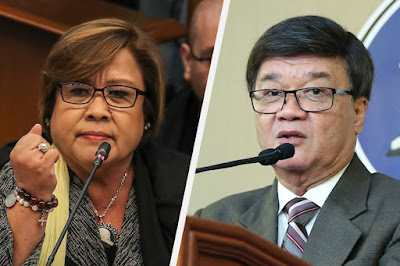Chiou said the challenges serve as a test for both sides, but given the firm friendship between Taipei and Tokyo, and their shared strategic viewpoints, he believes the problems could be resolved step-by-step through dialogue.
Ohashi said he hoped that the two sides could boost cooperation on maritime affairs to spur Taiwan-Japan relations, which have entered a new phase with increased trade, culture and tourism exchanges.
Ohashi said that the 2013 inking of a Taipei-Tokyo bilateral fisheries agreement after years of uneasy negotiations shows that faced with a complex problem, both sides are able to look at the big picture and meet public expectations.
The agreement aims to end disputes over fishing in waters surrounding the contested Diaoyutai Islands, also known as the Senkaku Islands in Japan.
Taiwan’s delegation is headed by association Secretary-General Chang Shu-ling and includes officials from the Fisheries Agency, the Coast Guard Administration, the Ministry of Science and Technology and the Ministry of Foreign Affairs.
The first round of the meeting, held under the Taiwan-Japan Maritime Affairs Cooperation Dialogue Mechanism, took place in Tokyo in October last year. During the meeting, the two sides failed to reach a consensus on the Okinotori Atoll issue, but agreed to set up a task force on scientific ocean surveys and fishery cooperation.











